The "need help with new front yatd" thread reminded me of something that is so basic that sometimes we can forget about it. It is what one of my professors used to say all of the time and I expect that he still says it - "garbage in -garbage out". I'm not saying that there is any trash in that thread, but simply that the more input there is the more targeted the reaction to it is.
Most of us that do design work for other people, whether for fun or to make a living, don't look at nothing but the aesthetics of a site and start acalling out plants and other features. They start by hearing the client's vision is no matter how elementary that is. While hearing what that is, most will lead that client into either expanding on the details of that vision or thinking it through to develop that vision further. That does two key things. The more obvious one is that gives a better understanding of the intended scope of work of the project. The second is that it starts to form an unguarded profile of the client.
The scope of work sets the program. Obviously if someone is wanting a patio of a certain size you can begin to draw the conclusion that the person either is looking to have large gatherings or not for example. The point being that the things that people want begin to tell you how they see their lifestyle. That does not mean that you simply do exactly what they are saying, but it begins to develop an outline of the intended functions this client sees for his property. That is input which is something you can re-organize and re-program as you develop the design. The important thing is that it starts the project farther down the road than having them stand there and say "what would you do here?".
That discussion gives us the opportunity to further profile the client. If he wants a patio, we can start asking what material he would like it made of. That gives an indication of lots of other things besides the surface of the patio. It can indicate budget, a formal vs. informal vs. earthy-crunchy type of client, safety vs. aesthetics, and much more. It opens the door for us to search their likes, dislikes, biases, budget, and lifestyle without them being aware of it because we are asking them pertinent questions on the subject at hand. The answers are honest unscripted and unguarded answers that you don't necessarily get if you ask them directly.
That is a bit of a sidetrack.
The real issue is that the fastest way to get a design to develop is through input followed by reaction, in my opinion. First, to gain a lot of input from the client as stated. Then process that input and come back to the client with a well developed plan to react to. The key words being "well developed". The logic is that you layout the entire landscape rather than bits and pieces for veto. It gives a chance for them to see and understand the logic in the layout, to see what details appeal to them or not, and basically have something substantial to work from.
It usually takes very little revision when I use this method.
Contrast that to how an extremely basic tiny front yard design will go on forever the way the design method is set up in the "my new front yard" thread. It statrs from no input other than a picture. It is followed by throwing pats of butter against the ceiling to see what sticks (not that any of the ideas are flawed, just that there is no criteria to base their validity on). Assuming that the OP comes back, there will be bits and pieces reactions that will start a fragmented input. It might be that the tree's roots are or are not a big problem, or that it will come down and open up the sun, or that the walkway will be rebuilt, or other bits and pieces. Then others will react to just that input, since it is the only input. Then it will spark a second round of reactions. Back and forth it will go.
My standard contract has one client meeting (sometimes the intilial meeting serves as that), a presentation of a draft plan, followed by one revision that is the final plan. Provisions are allowed for more meetings and revisions, but they are seldom necessary. The clients indicate that they are quite satisfied with the plans. The plans get completed and the projects get built in fairly short order.
The terms in the contract have a lot to do with getting the client to have an incentive to make sure that I get adequate input to get the job done. Avoiding extra costs seems to be a challenge that even the flightiest client seems to be able to overcome. I get my input, so I can get the job done.
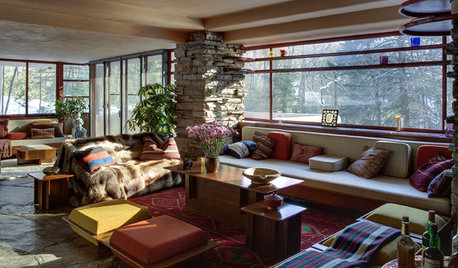

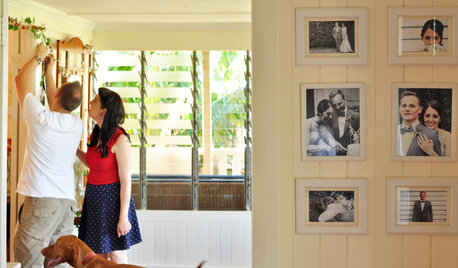




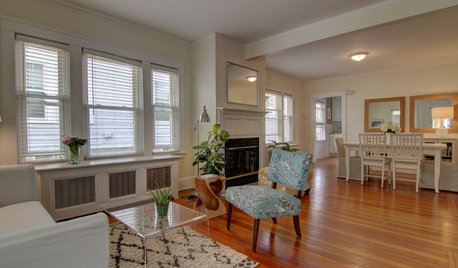

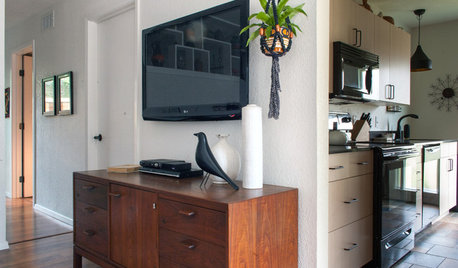






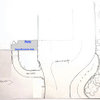



inkognito
karinl
Related Professionals
Vernon Hills Landscape Architects & Landscape Designers · Gainesville Landscape Contractors · Bloomington Landscape Contractors · Methuen Landscape Contractors · Mission Landscape Contractors · Mission Viejo Landscape Contractors · Ronkonkoma Landscape Contractors · Saint John Landscape Contractors · Greenfield Landscape Contractors · Dedham Decks, Patios & Outdoor Enclosures · Lincolnton Decks, Patios & Outdoor Enclosures · South Milwaukee Decks, Patios & Outdoor Enclosures · Jacksonville Swimming Pool Builders · Redlands Swimming Pool Builders · San Dimas Swimming Pool Builderscrunchpa
laagOriginal Author
Saypoint zone 6 CT
laagOriginal Author
marcinde
nandina
Frankie_in_zone_7
crunchpa
ironbelly1
inkognito
laagOriginal Author
marcinde
bonsai_audge
karinl
laagOriginal Author
hosenemesis
duluthinbloomz4
laagOriginal Author
marcinde
Frankie_in_zone_7
rhodium
prairiegirlz5
laagOriginal Author
AncientDragonfly